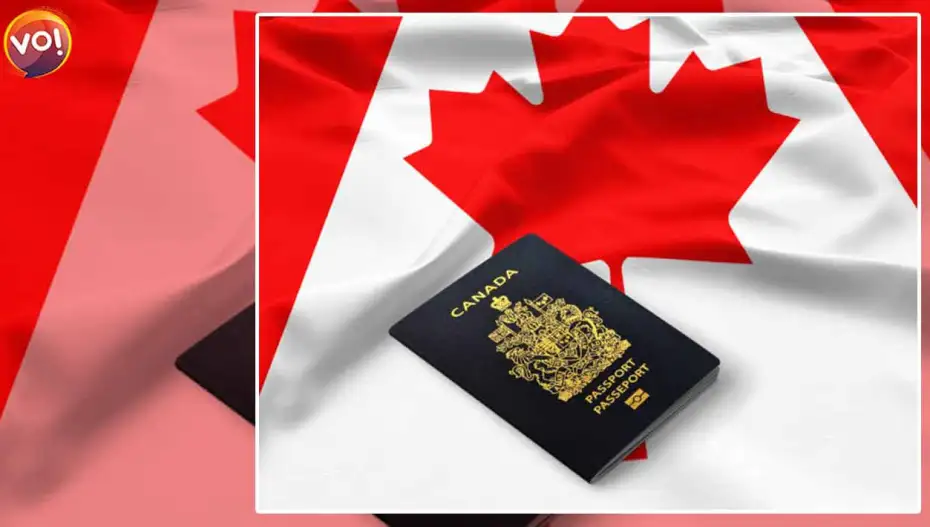The Canadian government has revised its student visa policies once again. Under the new rules, students applying for a Post-Graduate Work Permit (PGWP) will need to secure employment that matches their qualifications after graduation to be eligible for the permit.
This change is expected to impact 23% of students from Gujarat and India currently enrolled in postgraduate programs in Canada.
There is growing concern among Indian students that if their postgraduate qualifications no longer match the jobs listed on Canada’s occupation demand list, they may struggle to obtain a work permit.
Immigration expert Pankaj Patel noted that students will need to select courses that align with sectors experiencing a high demand for skilled workers.
“This policy removes the certainty of securing a job after graduation. Students who invest a significant amount of money in postgraduate education could find their qualifications mismatched with job market needs, potentially leaving them unemployed and unable to qualify for work permits. However, PhD students still have opportunities if they meet the new criteria,” Patel stated.
Australia has implemented a similar policy since 2011, which has resulted in international students facing waiting periods of 7 to 8 years to transition to permanent residency.
Canadian students could now face similar delays, potentially having to wait over 8 years before achieving permanent residency.
This policy change creates a challenge for Indian students who have traditionally viewed Canada as both an educational and permanent settlement destination. Students will now be forced to select programs in sectors that are in demand in the labour market.
This shift ends the longstanding trend of enrolling in diploma or specialized postgraduate courses primarily to obtain a work permit.
Students will now need to choose programs that help develop skills in line with the country’s labour market needs.
Canadian colleges, which rely heavily on revenue from international students, will also be affected. These institutions will need to realign their course offerings to match the occupation demand list, potentially reducing income from previously popular postgraduate programs that were taken primarily for work permits.
Also Read: India Urges Canada To Probe Murder Of 3 Indian Students












